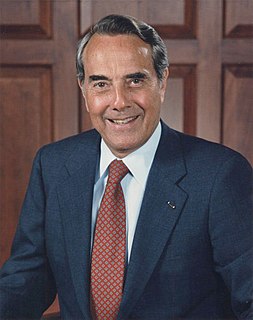A Quote by Gerard Manley Hopkins
The poetical language of an age should be the current language heightened.
Related Quotes
We believe we can also show that words do not have exactly the same psychic "weight" depending on whether they belong to the language of reverie or to the language of daylight life-to rested language or language under surveillance-to the language of natural poetry or to the language hammered out by authoritarian prosodies.
With all the divisive forces tearing at our country, we need the glue of language to help hold us together. If we want to ensure that all our children have the same opportunities in life, alternative language education should stop and English should be acknowledged once and for all as the official language of the United States.
Once a century, all of a certain kind of bamboo flower on the same day. Whether they are in Malaysia or in a greenhouse in Minnesota makes no difference, nor does the age or size of the plant. They flower. Some current of an inner language passes between them, through space and separation, in ways we cannot explain in our language. They are all, somehow, one plant, each with a share of communal knowledge.
Language designers want to design the perfect language. They want to be able to say, 'My language is perfect. It can do everything.' But it's just plain impossible to design a perfect language, because there are two ways to look at a language. One way is by looking at what can be done with that language. The other is by looking at how we feel using that language-how we feel while programming.
The way Shakespeare wrote Fallstaff is with a heightened language and everything. That's the genuis of having Ken Branagh here as well. Shakespeare doesn't require you to have a doctorate in his language or whatever to understand him. It just has to be directed and played right. It's all about scale and presence and getting these huge, epic stories across.







































